One of the first accessories which any new Mavic Air owner should consider is a good quality set of ND (Neutral Density) filters. ND filters can significantly improve the quality of your DJI Mavic Air drone video and photos. Choosing a set of ND filters is difficult due to the wide range of filter options available on the market. We’ve been fling with DJI drones for over 2 years and 3 continents and based on our experience and our extensive research we highly recommend the PolarPro range of ND filters which we use on all our DJI drones. Simply said PolarPro make the very best ND filters for the DJI Mavic Air.
What are Neutral Density (ND) filters?
So the first question most drone owners ask is what exactly ND filters are and why do you need them for your DJI Mavic Air drone? ND, or Neutral Density, filters work like sunglasses on the lens of your drone camera in that they reduce the amount of light entering the lens. So why would you want to limit the light getting into your lens?
Shooting better video and photos with your Mavic Air
If you want to shoot stunning cinematic and better quality footage you will want to shoot in manual mode and keep the ISO setting as low as possible to maximise the quality of the footage.
In addition to this you will need to keep the shutter speed fixed at a certain speed. This makes post-production editing much easier as the fixed settings mean making adjustments (exposure, saturation etc) are much easier compared to when using auto-settings – in this case the settings change constantly depending on how much light enters the camera lens.
Mavic Air Video Tip: The rule of thumb for video is that the shutter speed should always remain at 2 times the frame rate so if you’re shooting at 30fps at 4k on the DJI Mavic Air your shutter speed should remain as close to 60 as possible.
During daylight hours these settings can only be accomplished using ND filters which limit the sunlight entering the lens. This allows you to shoot cinematic footage on your DJI Mavic Air. The brighter the conditions the darker the ND filter needs to be. This is why you’ll need multiple filters for your DJI Mavic Air.
Mavic Air Filter Tip: In addition to better quality footage some ND filters are polarised. Polarisation remove reflections from surfaces and enhances the vibrancy of your footage. This works great when you are shooting over water or after it rains.
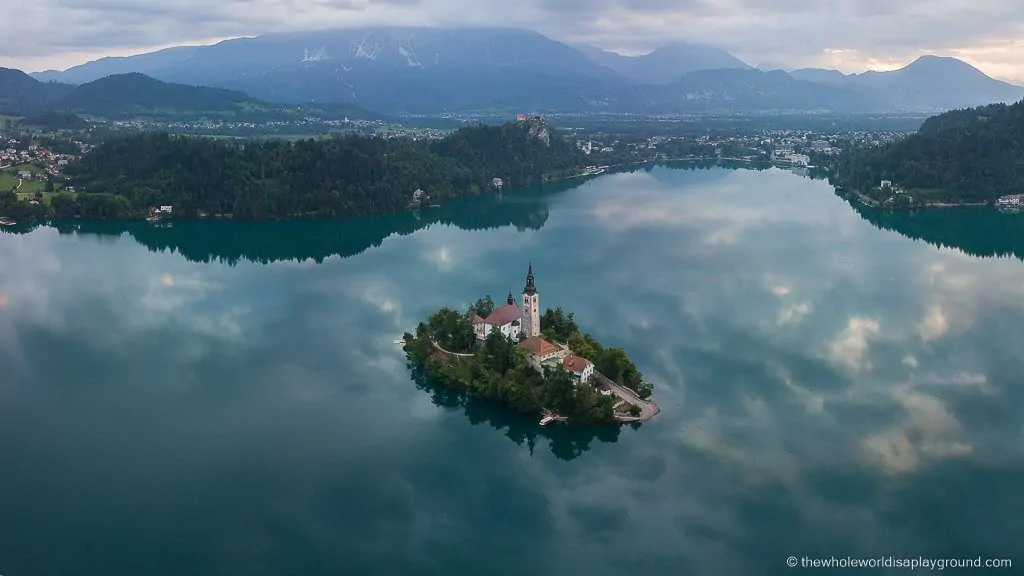
Why are the PolarPro ND filters the best for the DJI Mavic Air?
We’ve tried a range of filters on our drones and have tried a range of brands from the cheaper to the premium models. Trust us when we say not to waste your time with the cheaper brands and buy the PolarPro filters first time. We’ve had to return the cheaper brands and get the more expensive, but vastly better PolarPro versions.
There are a number of reasons why the PolarPro filters are the best filters for the DJI Mavic Air:
- Durable – this is a really important aspect of the PolarPro Filters – the cinema series filters are made of Aircraft aluminum frame and the standard filters are made of high-quality plastic. This makes them more durable compared with the competition. You will be swapping the filters on and off the drone regularly so its important that your filters don’t wear over time. All PolarPro filters come with the PolarPro life-time warranty.
- High quality optical glass – you won’t experience and image quality loss with these PolarPro filters
- Pass gimbal calibration – the PolarPro filters are fitted before the DJI Mavic Air is turned on and will pass the gimbal calibration, every time….guaranteed. They are super light and will not cause any gimbal overload issues with the filters if installed correctly. This is a known issue with lots of other ND filter sets which can damage your DJI Mavic Air camera gimbal.
- Easy to install – the PolarPro filters clip snugly onto the front of the camera lens and can be changed very quickly. We have never had one become loose after 6 months of flights.
- Carry Case: the filters include a solid cases which makes carrying the filters super easy while not in use
Which filter should you buy:
There are a number of different PolarPro filters sets available and the decision to buy one depends on your video and photo needs. We love the Cinema Series 6 pack but there are a number of other options available.
Benefits of the PolarPro Cinema Series filters
The Cinema Series are our choice as the very best ND filters for the DJI Mavic Air drone for the following reasons:
- Filter glass: The basic PolarPro filters have standard glass while the Cinema Series have production grade glass with AR coatings to improve the quality of images. For this reason alone its worth spending the extra money as you’ll see the rewards in your footage.
- Aircraft aluminum fittings: The Cinema Series filters have aluminium fixtures instead of plastic which makes them much more durable compared with the plastic versions.
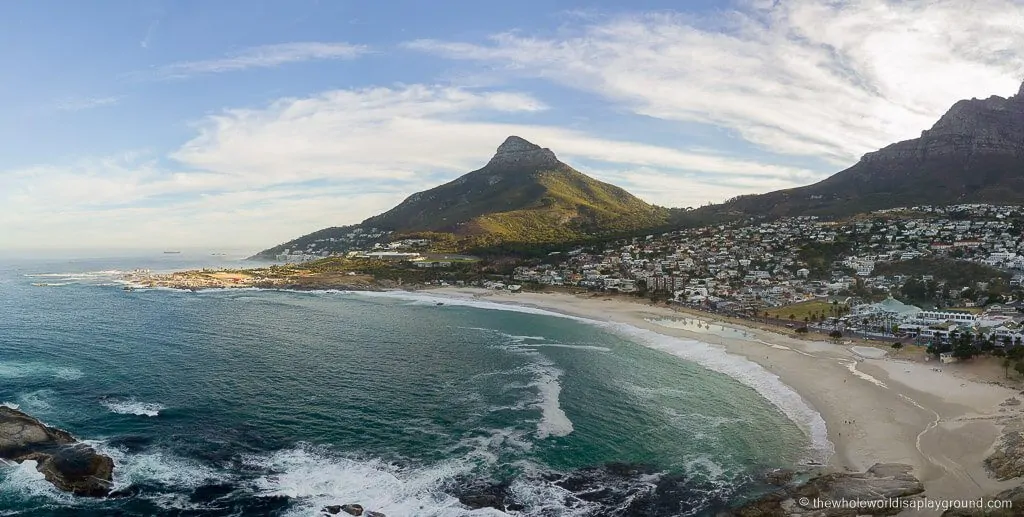
1 | PolarPro Shutter Collection (Cinema Series)
This is a very most popular ND filter set for the DJI Mavic Air as it covers most lighting situations. The shutter collection of an ND 8 (for cloudy weather / early morning or late evening), ND16 (bright weather) and ND32 (very bright sunny day). The filters can be changed quickly and easily to either of the other two filters. The set will allow you to capture quality footage in most flight conditions during the day.
2 | PolarPro Vivid Collection (Cinema Series)
The other premium line of bronze ND filters is the PolarPro Vivid collection. This pack consists consists of ND4 PL (early morning/ late evening), ND8 PL(cloudy weather) and ND16 PL (bright weather). Each filter also has polarisation (PL) included which performs two roles: it reduces glare and enhances the vibrance of shots. The polariser reduces reflections and also further reduces the light passing through the filter so each filter is slightly darker than the numbers suggest. This set is great if you plan on shooting a lot around water, e.g. lakes and the sea.
3 | PolarPro Cinema Series 6-pack Bronze
The 6-pack Cinema Series is our choice as the best set of ND filters to buy for the DJI Mavic Air. This pack includes all Cinema Series filters (ND4/PL, ND8/PL, ND16/PL, ND8, ND16, and ND32) and is more cost effective that buying the Vivid and Shutter series filters separately. The set ensures you are prepared for every lighting situation with your DJI Mavic Air and that you never miss that shot!
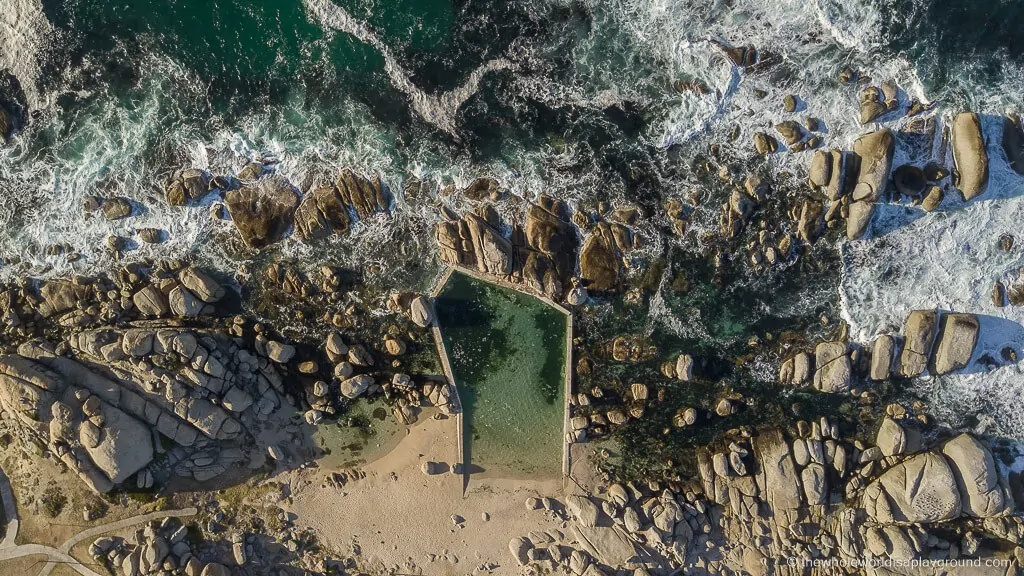
4 | PolarPro DJI Mavic Air Filter 3-Pack
This basic pack is another great option and consists of a linear polariser (reduces glare and reflections to make footage more vibrant) and ND 8 (for cloudy weather / early morning or late evening), ND16 (bright weather). The filter attachments are made of premium plastic (not as durable as the cinema series below) and the filters are used separately so you cannot stack the polariser with the other filters to combine effects. The polariser is great for footage over water as it reduces the glare and really makes the water pop. This set covers some of the most common lighting situations but doesn’t cover bright situations (i.e. middle of a sunny day), so anyone looking to shoot during this time should consider the other sets below.
5 | PolarPro DJI Mavic Air Filter 6-Pack
For those drone owners who want to cover all possible situations this optical filter pack has you covered. It includes
- Linear polarizer (PL, ND8/PL, ND16/PL) which like above reduces glare and increases color saturation
- ND Filters (ND8, ND16, ND32) help reduce shutter speed to capture smooth cinematic footage
So there you have it – we hope this article helped you choose the right ND filters for your DJI Mavic Air drone. We hope you enjoy your new filters and the beautiful footage that you’ll capture with them.
Happy droning!
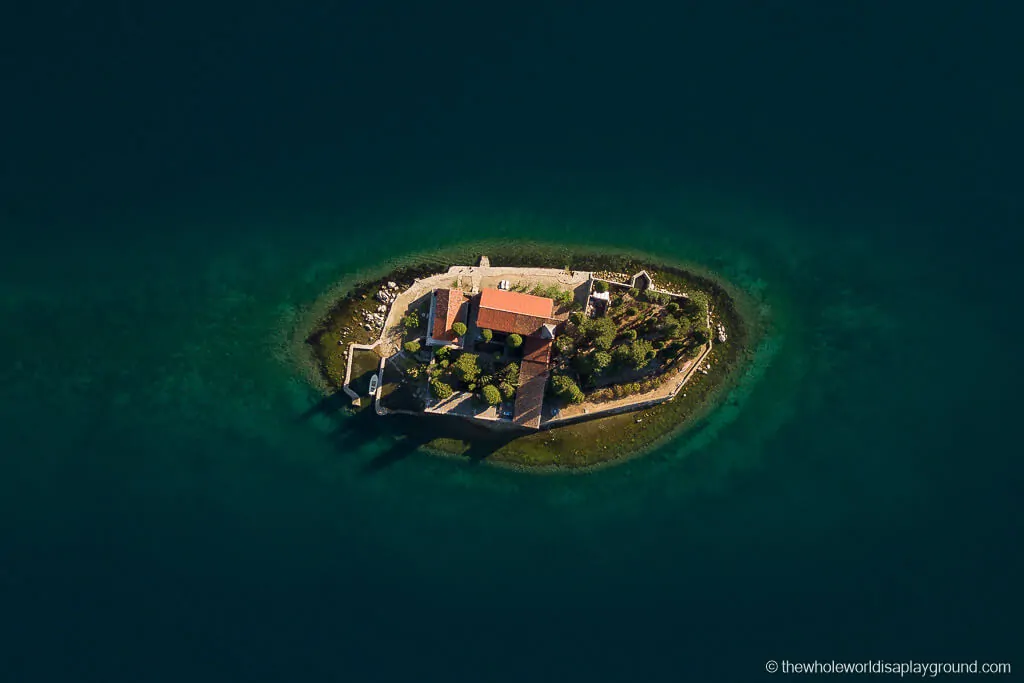
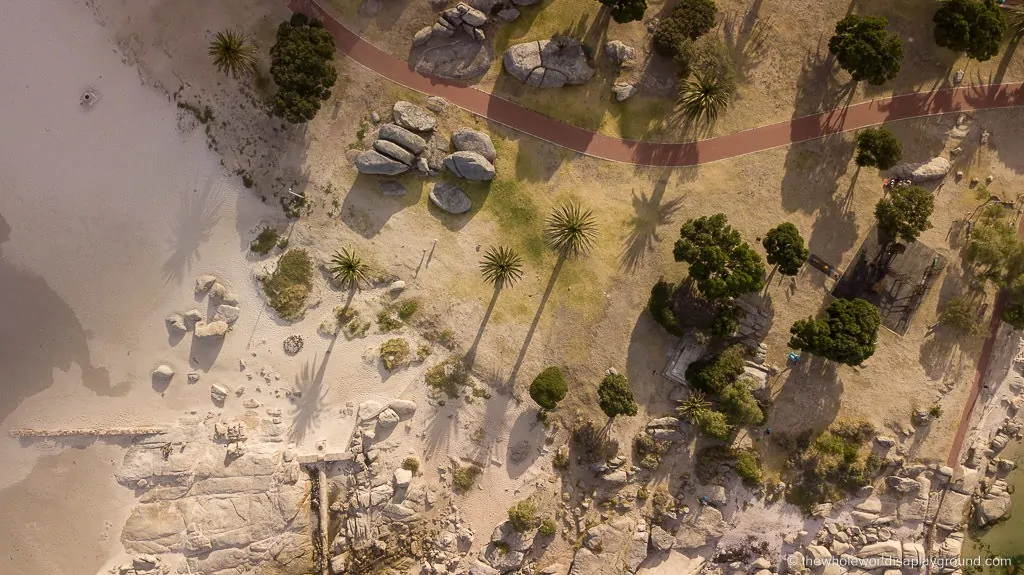
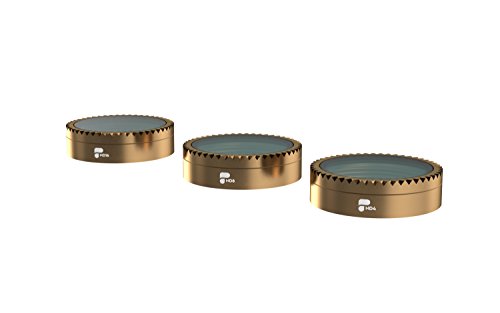
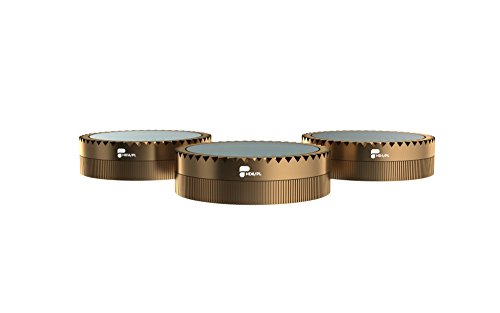
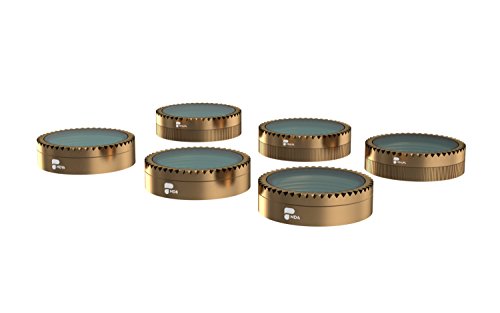
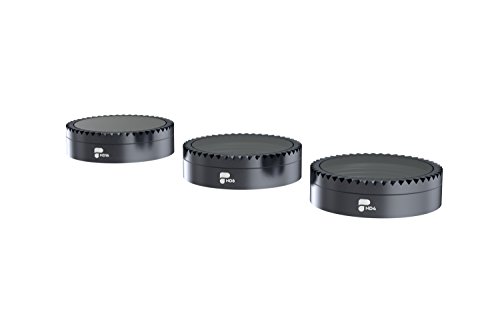
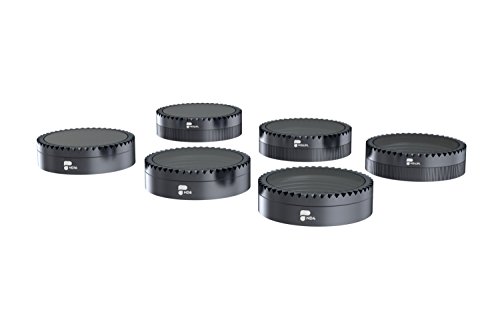
Hi! I’m I don’t quite understand the diffrences between the PolarPro Cinema Series 6-pack Bronze, and the PolarPro DJI Mavic Air Filter 6-Pack exept the PolarPro DJI Mavic Air Filter 6-Pack is a lot cheaper.
Please respond as soon as possibly!
Sincerely, Hampus.
Hi Hampus, the main difference is the quality of the glass in the filter. The cinema series has much better quality materials in the glass. These give better color reproduction compared to the standard model, hence the higher price. We use the cinema series (bronze color) due to the better color quality in the footage